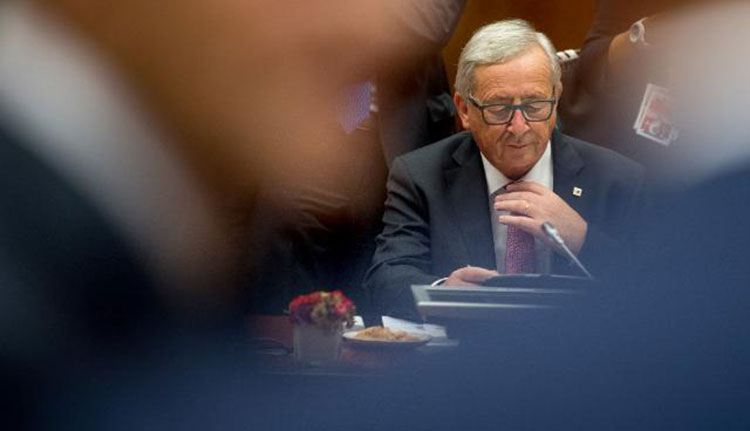At the European Council of 19-20 October, EU leaders discussed a number of important issues. Migration was high on the agenda. EU leaders welcomed the progress made so far to control external borders and significantly reduce irregular migration and reaffirmed their commitment to the current approach. Concerning the Central Mediterranean, leaders underlined the significant contribution made by Italy, and recognised the need to ensure adequate funding for North Africa through the EU Trust Fund for Africa.
President of the European Commission Jean-Cloude Juncker said “we are reaching our limits […] if we want to be as present as possible in Africa, mainly in the northern part of Africa, we have to increase the financial means which we have at our disposal. Member States have committed only €175 million to the Trust Fund. This is not enough”.
On the digital front, the 28 EU leaders underlined the need to step up work to complete the Digital Single Market, particularly regarding the Commission’s cybersecurity package and measures to tackle illegal content online.
President Juncker said yesterday, “there is a clear need to speed up the work during the next 18 months”.
Security, defence and external relations were also on the agenda, where leaders reaffirmed their full commitment to the Iran nuclear deal, and held discussions on Turkey and North Korea. Today, the 28 Heads of State of Government discussed the Leaders’ Agenda during a breakfast session, before meeting at 27 to discuss the state of play regarding Article 50 negotiations with the United Kingdom.
Arriving at the European Council this morning, President Juncker made a strong call in favour of deepening Economic and Monetary Union, stating that “Business as usual is not an option. We need to make the Eurozone and EU decision-making more efficient.”




